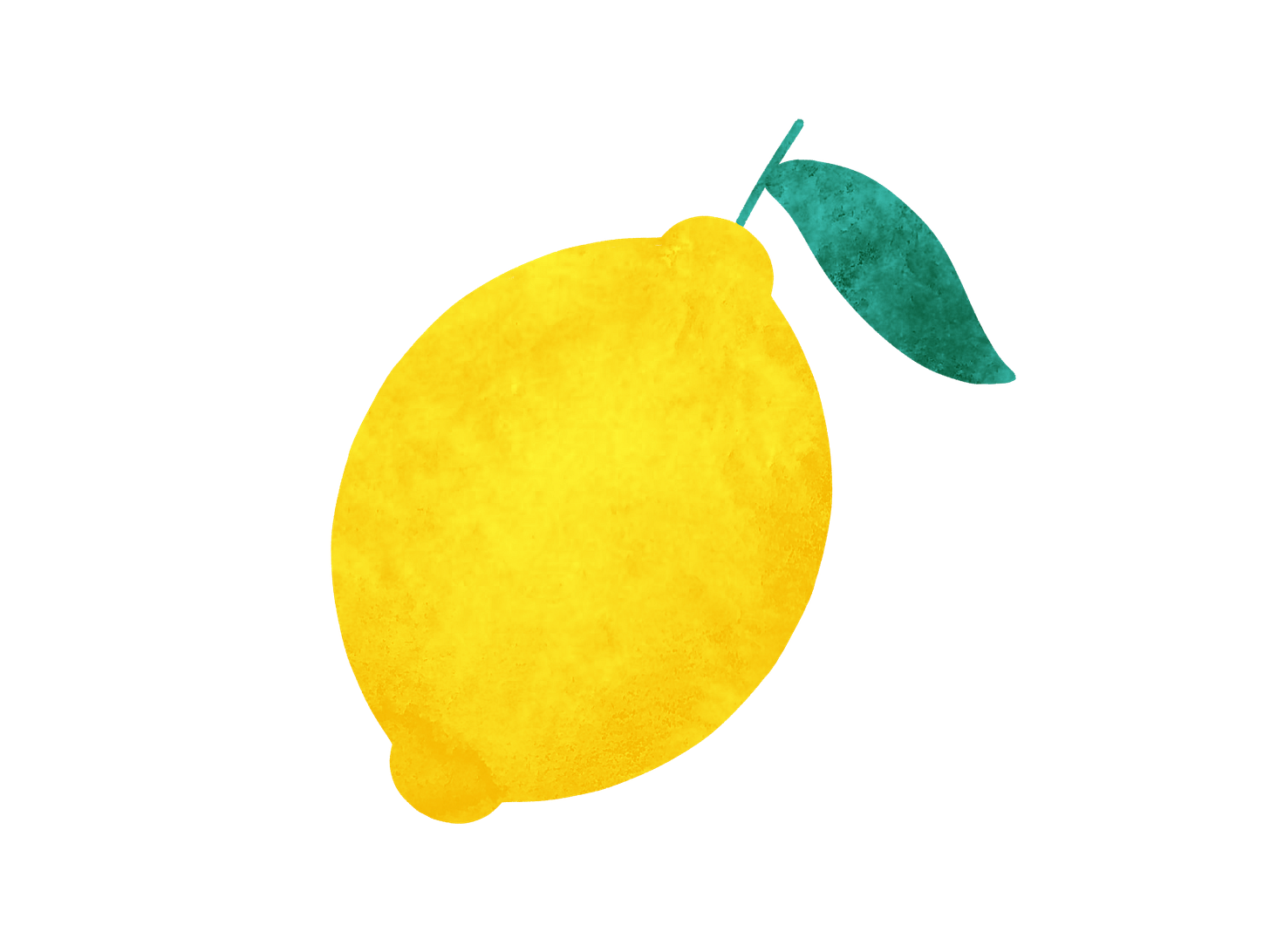A Lemon, A Bomb, A Feeling
Read “Lemon” in Easy Japanese with English Support

梶井基次郎(かじい もとじろう)(1901-1932)は、日本(にほん)の作家(さっか)です。
Kajii Motojirō (1901–1932) was a Japanese writer.
彼(かれ)の代表作(だいひょうさく)のひとつ「檸檬(れもん)」のあらすじを
やさしい日本語(にほんご)と英語(えいご)で紹介(しょうかい)します。
Here is a summary of one of his best-known works, “Lemon,” explained in easy Japanese with English support.
丸善(まるぜん)は、日本(にほん)の有名(ゆうめい)な書店(しょてん)です。
Maruzen is a famous bookstore in Japan.
「私(わたし)」は病気(びょうき)と借金(しゃっきん)に悩(なや)み、
得体(えたい)のしれない不吉(ふきつ)な塊(かたまり)に心(こころ)を押(お)さえつけられていました。
“I” was troubled by illness and debt. A dark and unknown fear pressed on my heart.
音楽(おんがく)や詩(し)にも興味(きょうみ)を失(うしな)い、よく通(かよ)っていた丸善(まるぜん)も重苦(おもくる)しい場所(ばしょ)となっていました。
I lost interest in music and poetry. Even Maruzen, the bookstore I often visited,
felt heavy and suffocating.
---
友人(ゆうじん)の下宿(げしゅく)を転々(てんてん)とする日々(ひび)を送(おく)りながら、京都(きょうと)の街(まち)をさまよっていると、
果物屋(くだものや)で美(うつく)しいレモンに出会(であ)いました。
As I moved from one friend’s lodging to another, I wandered through the streets of Kyoto. There, I found a beautiful lemon in a fruit shop.
---
レモンを手(て)にすると、心(こころ)を圧迫(あっぱく)していた不吉(ふきつ)な塊(かたまり)がやわらぎ、幸福感(こうふくかん)につつまれました。
When I held the lemon, the dark weight on my heart softened. I was filled with a sense of happiness.
---
再(ふたた)び丸善(まるぜん)を訪(おとず)れた「私(わたし)」は、画集(がしゅう)の上(うえ)にレモンを置(お)き、爆弾(ばくだん)に見立(みた)てて店(みせ)を後(あと)にしました。
I visited Maruzen again. I placed the lemon on top of some art books. I imagined it as a bomb, and then I left the store.
---
あらすじは以上(いじょう)です。
This is the summary.
この作者(さくしゃ)は、当時(とうじ)不治(ふじ)の病気(びょうき)である
結核(けっかく)にかかっていて、いつも不安(ふあん)な気持(きも)ちでいました。
The author had tuberculosis, which was incurable at that time. He always lived with fear and anxiety.
---
あなたは何(なに)を感(かん)じましたか?
コメントで教(おし)えてね。
What did you feel?
Please tell me in the comments.

